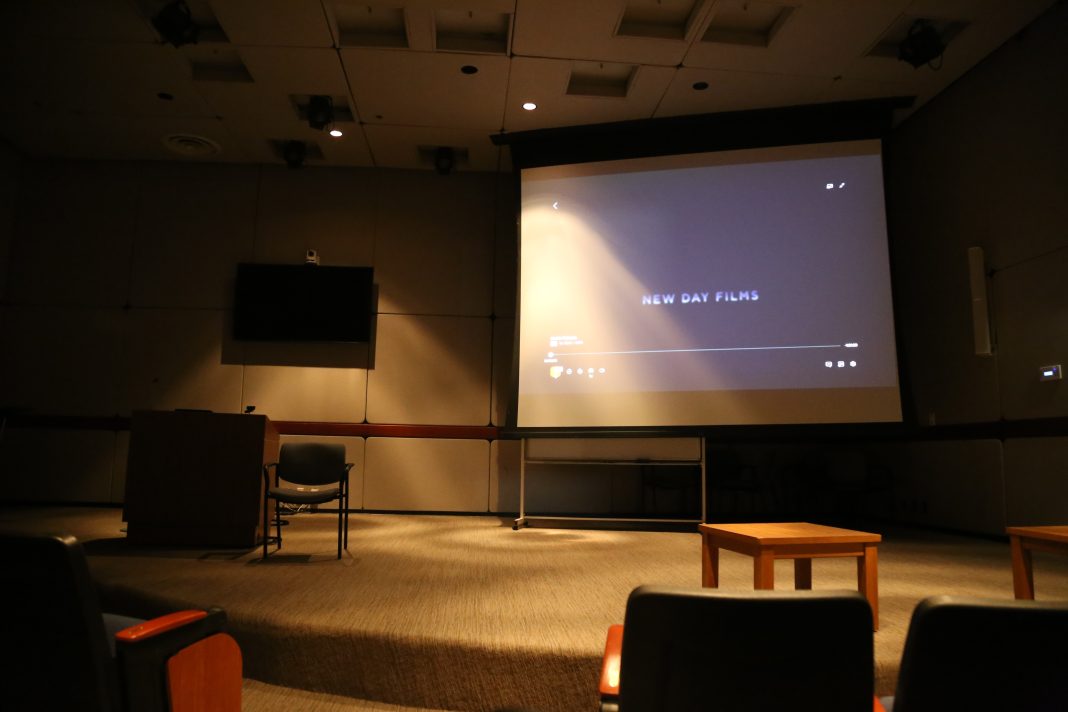The documentary “North Putnam,” directed by Joel Fendelman, screened on Feb. 20, in the Pulliam Center, offers an insightful perspective into education. The film opens to a scene in a school gymnasium where kids are sitting on bleachers, listening to their middle school principal. They are not being chastised for misbehaving as one might expect of a middle school assembly. Instead, the kids are laughing and engaging with the principal as he relates to their interests in movies while giving motivational advice. The next several scenes show interactions between students and teachers, where teachers encourage and uplift their students, strategizing new solutions to learning and social skills with the care that a parent shows their own child.
As a whole, the documentary relies less on plot and more on creating an atmosphere of love and community. Scenes of teachers with students, students with parents, and farmland and schools instill a sense of rural Indiana communities. It’s all about introspection, so you leave asking yourself what you think schools should look like.
While this documentary shows the dedication of teachers and the importance of community engagement within schools, it also reveals the struggles of schools in rural areas. The documentary describes North Putnam as a geographic black zone (places far from a city), with competitive and polarized school board races about whether or not teaching about racial and gender identity should be permitted. The population also bears the negative impact of COVID-19 and so much more. With new requirements for high-stakes testing and the government requiring schools to meet certain mandates, fostering an environment of curiosity, creativity and community is more difficult than ever.
To address these challenges, Beth Benedix, professor of World Literature, Religious Studies and Community Engagement at DePauw University, founded The Castle, a non-profit program based in Greencastle with the mission of being “dedicated to providing learning experiences for students where they feel seen, heard, valued and empowered and supporting teachers in their ability to create environments that spill over with joy, creativity, relevance, rigor and authenticity.” “North Putnam” epitomizes this vision by showing the ongoing conversation between teachers, parents and students about improving school communities. It highlights the humanity of students as they collaborate on physics projects and shows the unique and impactful relationship between students and teachers.
Benedix and the teachers in “North Putnam” emphasize that education is more than traditional subjects like math, reading, science and history. Beyond those core subjects, schools should encourage students to engage in critical thinking, develop independent reasoning and foster lifelong curiosity. School systems should not operate for the purpose of giving statistics to politicians or under a strict set of rules and benchmarks, but rather, they should be operating for the benefit of the kids. Education, at the end of the day, is for kids.
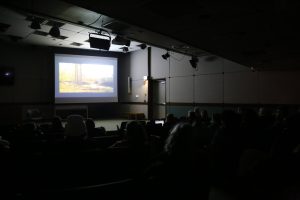
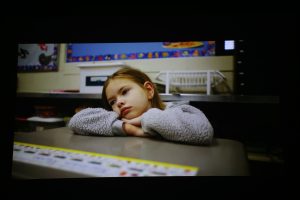
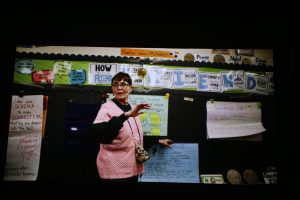
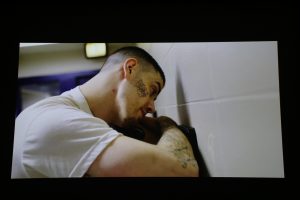
By showcasing the duality of academic and practical aspects of education in agricultural communities, schools can educate students with engaging and hands-on experiences, such as field trips to meet firefighters, doctors and lawyers. At the end of the documentary, teachers engage in one-on-one conversations with high school seniors to inquire about their career orientation. They show genuine care and attention as students share their aspirations to attend university, join the army or get a job. Equally, the teachers strive to support those expressing their confusion about the future, demonstrating the educators commitment extends well beyond the classroom.
The same middle school principal from earlier in the documentary is shown in a similar setting as in the gymnasium, but this time he is lecturing and motivating teachers, not students. He tells them to go the extra mile to make connections with the kids, and tells them to learn the kids’ language, not make them learn the language of adults. Not once does he mention grades because school, to him, is not about grades. It is about the kids.
Another part of The Castle’s mission is to bring the resources of Putnam County and DePauw to Greencastle schools. It can now be DePauw’s mission to bridge the gap between our resources and the resources of the broader community. DePauw is a part of that community, and DePauw students can help bridge this gap.
If you are a student or faculty member at DePauw or a member of the Greencastle community, and you want more information on or want to become involved in The Castle’s mission, scan this QR code …

